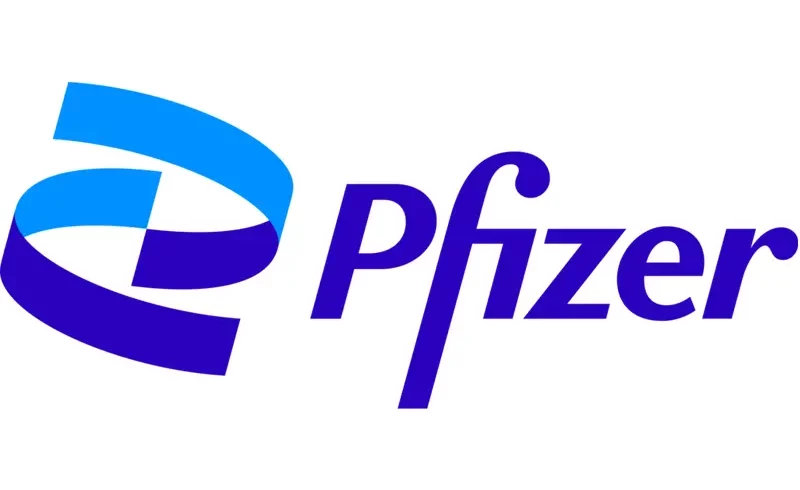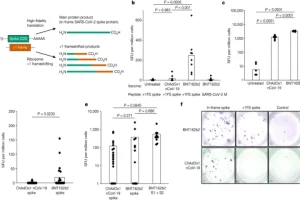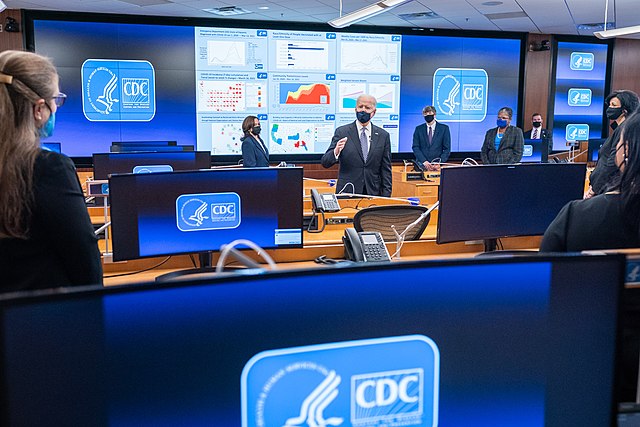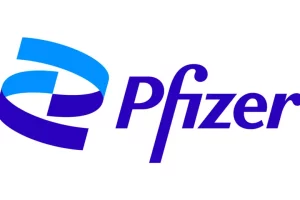
Misrepresentation of Vaccine Efficacy
Texas Attorney General Ken Paxton has filed a lawsuit against Pfizer, Inc., accusing the pharmaceutical giant of misrepresenting the efficacy of its COVID-19 vaccine and attempting to suppress public discourse on the topic. According to the lawsuit, Pfizer’s claim of 95% efficacy was based on a misleading calculation of “relative risk reduction” from initial clinical trials, which did not accurately predict long-term protection. This has raised significant concerns about the transparency and reliability of Pfizer’s communications regarding its vaccine. The full details of this lawsuit can be found on the Texas Attorney General’s website.
Pfizer’s representation of the vaccine’s effectiveness has been questioned, especially as COVID-19 cases continued to rise even after widespread vaccine administration. Some regions reported higher percentages of COVID-19 deaths among vaccinated individuals compared to the unvaccinated. The lawsuit also alleges that Pfizer engaged in intimidation tactics and censorship to silence critics and maintain the perceived efficacy of its vaccine.
Concerns Over Vaccine Safety
The CDC’s report on the Pfizer-BioNTech COVID-19 vaccine highlighted instances of anaphylaxis following vaccination. Initially observed in the UK, this severe allergic reaction prompted the inclusion of warnings in the vaccine’s prescribing information. The CDC identified six cases of anaphylaxis that met the Brighton Collaboration criteria, emphasizing the need for immediate medical treatment for such reactions. These findings, detailed in the CDC’s report, underscore the importance of monitoring and managing potential adverse reactions to the vaccine.
The CDC’s actions following these reports included close coordination with the FDA, discussions with various health agencies, and the publication of interim considerations for managing anaphylaxis at vaccination sites. This proactive approach aimed to ensure the safety of vaccine recipients and the effectiveness of post-vaccination surveillance systems.
Legal and Ethical Implications
The lawsuit filed by the Texas Attorney General raises critical questions about the ethical responsibilities of pharmaceutical companies in public health crises. The allegations of misleading the public and censoring dissenting voices, if proven true, could have far-reaching implications for Pfizer and the pharmaceutical industry at large. This legal action also highlights the need for greater transparency and accountability in the dissemination of health-related information, especially during a global pandemic.
The combined insights from the Texas Attorney General’s lawsuit and the CDC’s findings present a complex picture of the challenges faced in vaccine development and distribution. They underscore the importance of rigorous scientific scrutiny, transparent communication, and ethical conduct in the pursuit of public health solutions. As the legal proceedings unfold, they will undoubtedly contribute to the ongoing discourse on the role of pharmaceutical companies in global health and the standards to which they should be held.

Carl Riedel is an experienced writer focused on using Open Source Intelligence (OSINT) to produce insightful articles. Passionate about free speech, he leverages OSINT to delve into public data, crafting stories that illuminate underreported issues, enriching public discourse with perspectives often overlooked by mainstream media.





